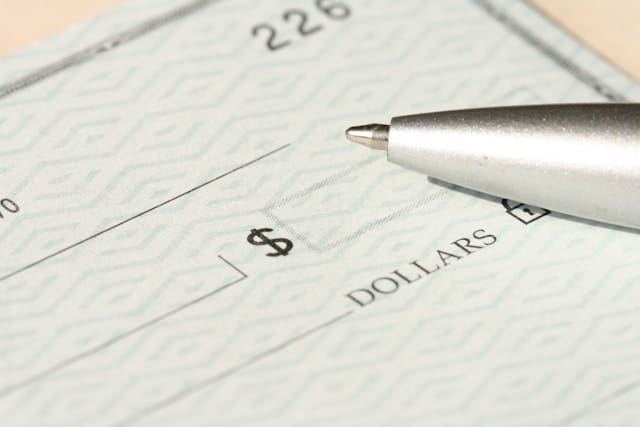Leaving a job, whether voluntarily or not because you were fired, you are not doing a one-time favor by doing that last pay cheque. That is your legal right that you are entitled to. Unfortunately, not all employers follow through on this obligation. Others may also withhold payment, make unreasonable withholdings, or omit wages earned, vacation allowances or commissions. When it comes to this problem, it is necessary to understand that you have your rights and that you can do something to receive what you deserve according to the Canadian law on employment.
Understanding Your Legal Rights
In Canada, it is part of law that even upon termination of an employee, he/she is entitled to all the accrued salaries and benefits due such as unutilized vacation pay and commission. What time this payment should be made is spelt out by most provinces. As an example, in British Columbia, the last paycheck has to be paid within six days of the final working day in case of termination, or on the next regular payment in the case of a quit with a reasonable notice.
Your boss will not be able to apply delay in payment in order to punish you or resolve other unrelated issues. You may have been dismissed with good cause or even left without any notice, but you are still entitled legally to receive the wages you have earned until the end of your last working day. Any deductions must be legally authorized and clearly explained. You can challenge them, otherwise.
Keeping Proper Records
Documentation is important when you are ready to go to battle to earn your last paycheque. You must maintain proper records of worked hours, contract details, and other outstanding entitlements to bonus payment or vacation. In case your employer denies to pay you or pays less, such records will be the most important evidence on your side.
Correspondence via e-mail, photocopies of payslips, timesheets, and written agreements are all helpful. It is practical to start to collect and collate these documents as early as you resign a job or are dismissed, because you might fear that the employer will hold back your final pay. This will facilitate easy response in case of issues promptly and with confidence.
Filing a Complaint or Seeking Legal Help
Should direct dialogue with your employer not help the situation, you may choose to make an official complaint to your provincial employment standards office. This is usually unpaid and complaints in most cases, are settled either during investigation or mediation. You should note that filing your complaint should stay within the time restrictions given by your province which, in most cases, not more than six months or a year after the problem.
More complicated ones, particularly those involving lots of money or other legal issues like wrongful termination, might be better served by a talk with an employment lawyer. Considering an example, you may be based in British Columbia but an established employment lawyer in Vancouver may assist you in evaluating your claim, clarifying your alternatives and defending you in arrangements or trials in the eventuality of that requirement.
Protecting Yourself in the Future
To prevent pay disagreements in the future, just know what you are dealing with, your employment contract and your rights on the first day. Ensure that you are aware of the way that you are being paid, your bonuses, commissions, and vacation entitlements are set up. Not only at the end of my employment but during it, I should keep records so that I do not have to ask questions later; should anything appear unclear, then there is no second guessing.
Although the majority of the employers comply with the law, you should know what to do in case it does not. Being prepared, educated and demanding will give one the best opportunity to pay out the final pay without any unnecessary hags. When it comes to this you may require the advice of an employment lawyer to help you through the process; do not fear to contact one in case it arises.
Taking Action with the Employer
Communication with the employer is a standard procedure to solve the pay dispute. Write a formal, polite and firm letter of demand giving details of the sum you think is due giving reference to any dates and documentation justifying your claim. Stay professional in your tone and make your employer have a chance to fix any oversight.
It is not always the case that non-payment is done willingly, sometimes these companies have poor internal processes. Nonetheless, when your employer fails to honor your demand or even fails to pay without reasonable legal cause, then you might have to take the matter to a higher level. At this stage being vocal that you understand your rights under the law can serve to show that you are willing to go a step further in case of need.
The New Jersey Digest is a new jersey magazine that has chronicled daily life in the Garden State for over 10 years.
- Staffhttps://thedigestonline.com/author/thedigeststaff/
- Staffhttps://thedigestonline.com/author/thedigeststaff/
- Staffhttps://thedigestonline.com/author/thedigeststaff/
- Staffhttps://thedigestonline.com/author/thedigeststaff/


